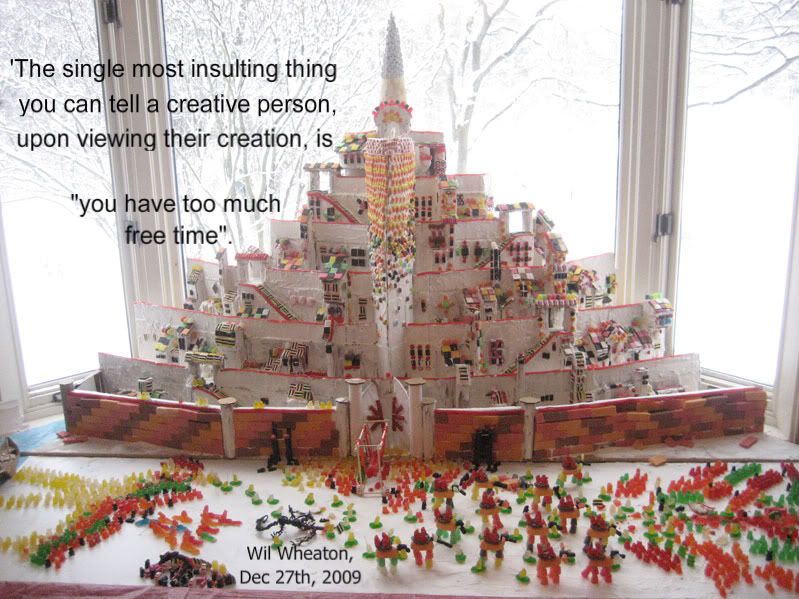Last week and over the weekend (yes, I know this is late, and no, I don’t have an excuse) Egypt Egypt
The most interesting thing about this story as far as I am concerned is that in most people’s list of countries with oppressive and undemocratic regimes neither Egypt nor Tunisia tend to feature very highly. We all know about Zimbabwe , North Korea , China , Iran and Saudi Arabia , indeed most of the Middle East would be black listed by most people with a working knowledge of international politics. Mubarak’s 30 year dictatorship, along with President Zine al-Abidine Ben Ali of Tunisia
This begs an obvious question. Why are some world dictatorships given a far worse press than others? An obvious answer would be to look at the severity of the offences; here we can clearly see why Zimbabwe and North Korea Egypt
If one looks at the regime in Iran for example, there is little to suggest that the situation is any worse than in Egypt Iran
Perhaps the most obvious case of double standards amid the international community is the example of Iraq Middle East , the international community would be up in arms condemning the government for crimes against its people.
A simple explanation for this seemingly unbalanced response from the international community is that Egypt Egypt does not strut around on the world stage like Iran and North Korea Egypt rarely finds itself in the international limelight these days and if it does it is usually in relation to Israel Egypt
This is, of course, not an excuse. An offence against human rights is an offence against human rights whether is threatens to spark an international conflict of not. The Egyptian people will not take solace in the fact that, despite 30 years of an oppressive regime, their government is not a threat to anyone else. While of course it is the job of journalists to report on international affairs and focus on the ones which are most dangerous to the world at whole, the fact that Mubarak can pass under the radar in such a way for 30 years is unacceptable.
The interesting thing is that, for many years now, Egypt has been an ally of the United States Suez Canal is a vitally important international trade route that, according to the American government, needs protecting more than the freedom of the Egyptian people. Mubarak has no ambition to hurt America , so is considered far safer that other Islamic leaders, so, despite the lack of democracy or liberty, Egypt
This blatant, shameless and unprincipled manipulation of international affairs with the sole intention of strengthening America US
The dreadful situation in Egypt Suez Canal . Better for Mubarak to remain in power so as to maintain America
Fortunately this is most likely to happen. However it will happen in entirely the wrong way. The Egyptian people will and have been left out to dry by the international community aiming to maintain their political advantage. The right thing will be done because that’s what works best for America
